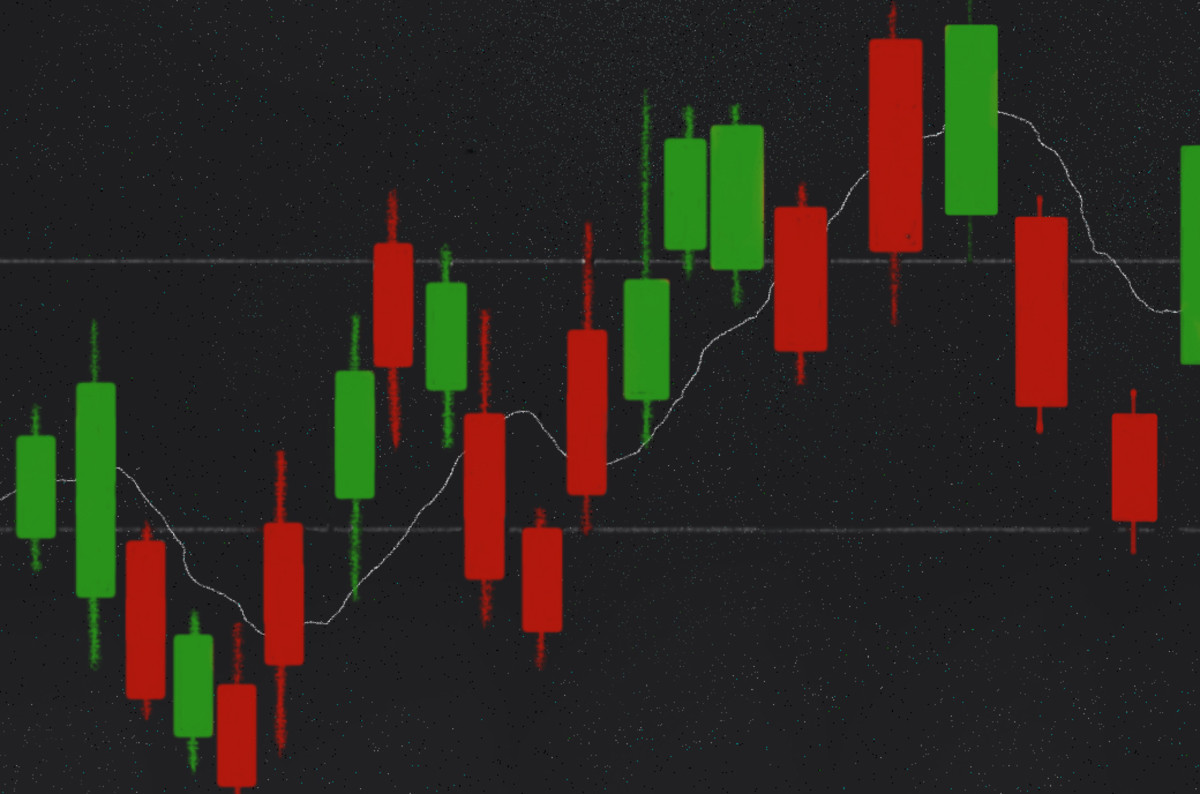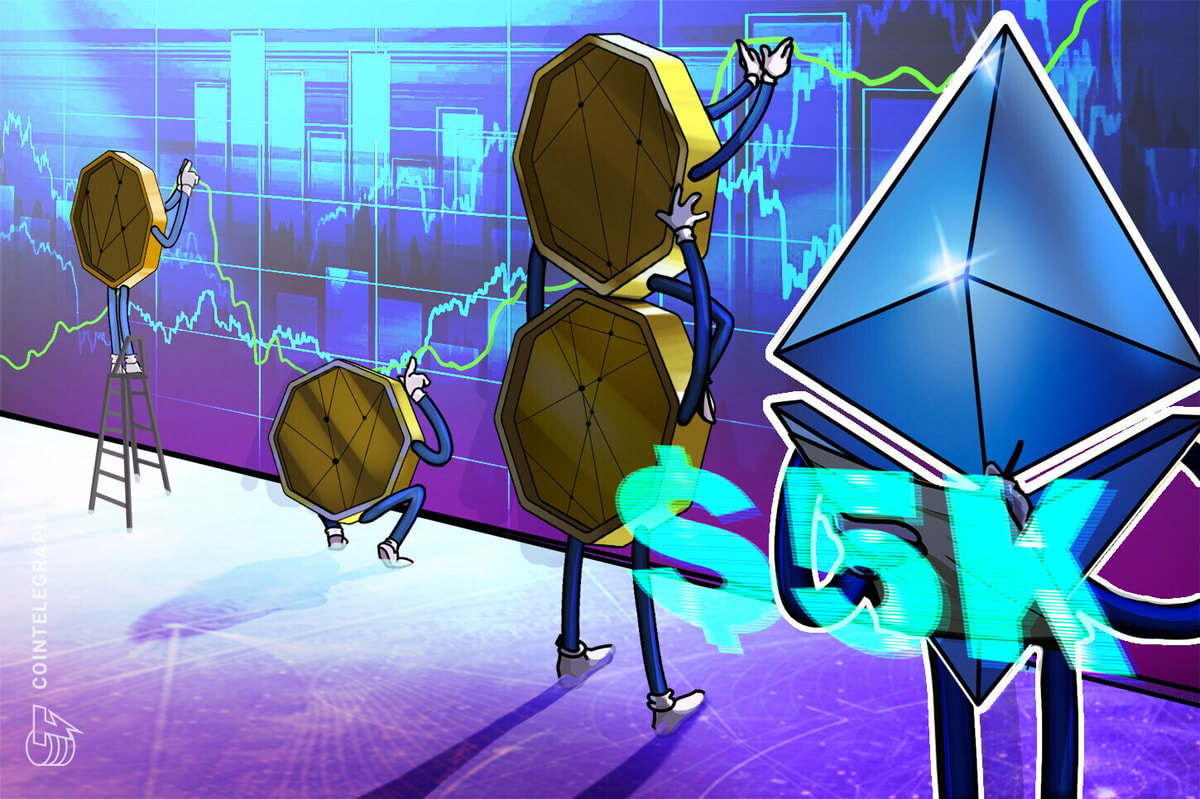
A report from the Blockchain Transparency Institute indicates that wash trading by cryptocurrency exchanges has dropped significantly this year.
The Blockchain Transparency Institute (BTI), a compliance and investigation agency within the cryptocurrency and blockchain space, is reporting that wash trading across cryptocurrency exchanges has drastically diminished.
Specifically, according to a recent BTI market surveillance report, global wash trading among the exchanges listed in the institute’s top 40 was reduced by 35.7 percent since the start of 2019.
Cryptocurrency Exchanges and Wash Trading
The practice of wash trading has been a fixture in the global asset market for decades. If they sense low trading volumes, investors can manipulate the market by simultaneously selling and purchasing an asset, thus misleading investors by creating the illusion of high activity.
Wash trading has been a persistent allegation laid against the cryptocurrency space by its critics, with many believing that cryptocurrency exchange operators are in the habit of reporting fake volumes to prop up their trading volumes and manipulate market participants.
In March 2019, Bitwise Asset Management criticized cryptocurrency exchanges for reporting fake data volumes in a filing for a bitcoin exchange-traded fund (ETF). At the time, the company claimed that up to 95 percent of volumes reported on unregulated exchanges were either faked or “non-economical.”
Meanwhile, Nouriel Roubini, a professor at the New York University’s Stern Business School and vocal critic of the cryptocurrency space, has written extensively on the drawbacks of cryptocurrencies in his book, The Great Crypto Heist.
Data Distinctions
BTI seems to be fairly confident that wash trading among exchanges has been drastically stemmed since the beginning of 2019.
Its surveillance report identifies Kraken, Poloniex, Coinbase and Upbit as the “cleanest” cryptocurrency exchanges in regard to wash trading since the beginning of 2019. On the flip side, OKEx and Bibox were identified as the cryptocurrency exchanges with the highest percentage of wash trading, with fake volumes exceeding 75 percent.
As for individual cryptocurrency assets, live tracking data from BTI showed that 50 percent of reported bitcoin trading volumes were fake. Ether, XRP and litecoin, the largest altcoins by market cap, have wash trading levels of 75 percent, 55 percent and 74 percent, respectively. Of the 25 top cryptocurrencies, ethereum classic, monero and DASH were found to be the most heavily manipulated, with over 80 percent in wash trading levels for each.
No More Excuses
The report indicates that despite some persistent levels of wash trading, cryptocurrency exchanges are beginning to be more transparent about their volumes. Among other factors, the increase in the number of transparency tools is influencing this.
In August 2019, analytics firm Nomics announced the launch of Transparent Volume; a system that adds a new twist to how exchanges report trading volumes.
The company, which is backed by Coinbase Ventures, boasted that its system is much more accurate than others, as it has less of a propensity to include wash trading and other market manipulation methods. The volume is also tied to a separate score, which ranks exchanges based on how detailed their data is.
In addition to Nomics, English crypto analytics firm CryptoCompare also launched a unique exchange benchmark to combat fake volume reporting in June 2019. The firm touts the benchmark as a means of rooting out false players and bringing in greater transparency to the space.
The taint of false reporting has continued to follow cryptocurrency exchanges since the industry gained mainstream attention. Many exchange administrators have spoken against it, defending their companies and trying their best to portray a clean image. With increased scrutiny and growing mainstream acceptance of cryptocurrencies, anyone caught skirting the rules will have a harder time finding an excuse to fall back on.










